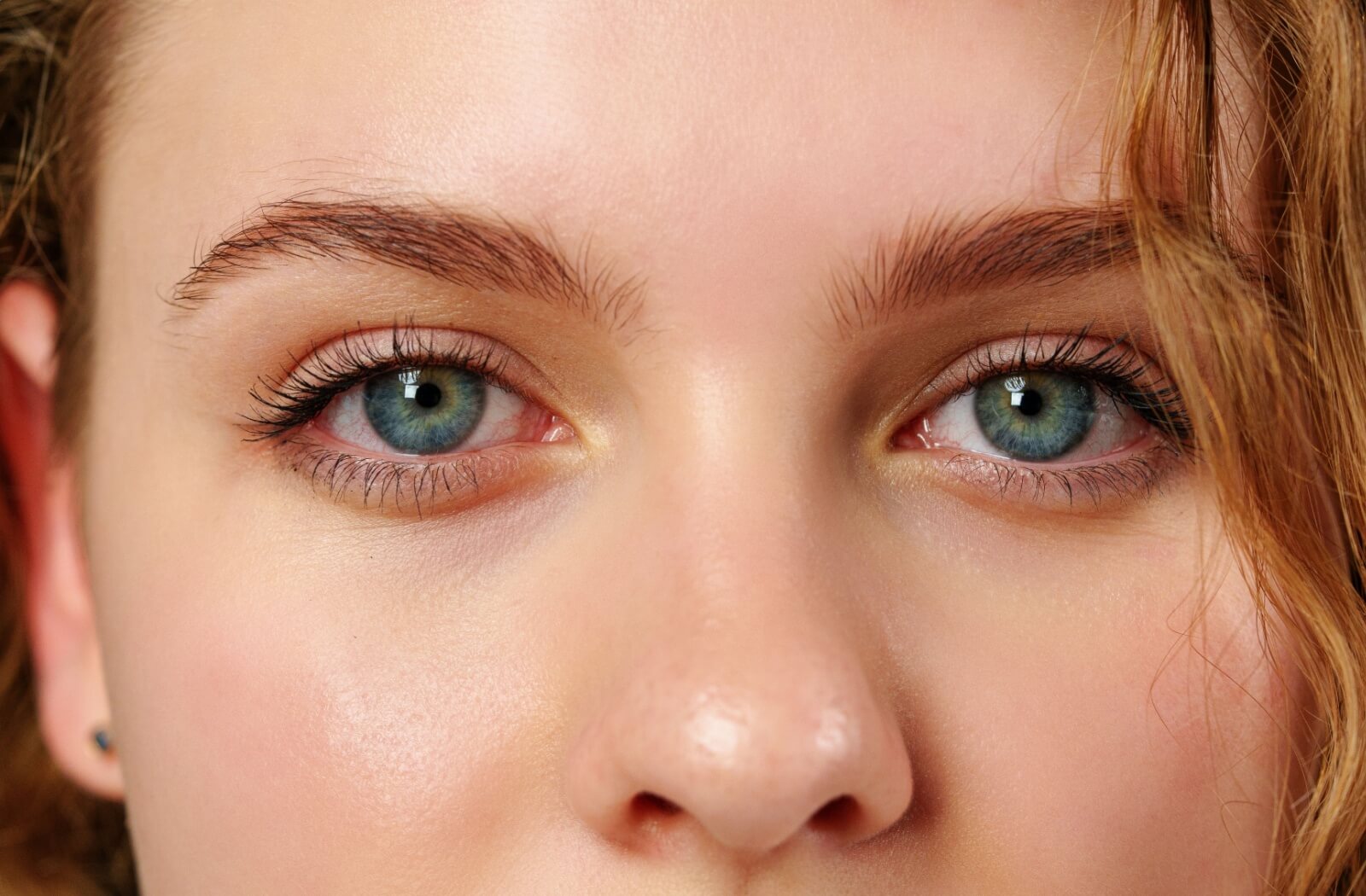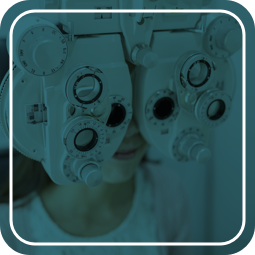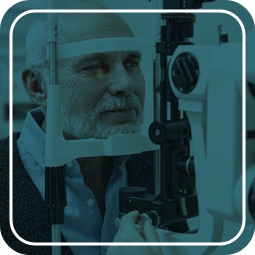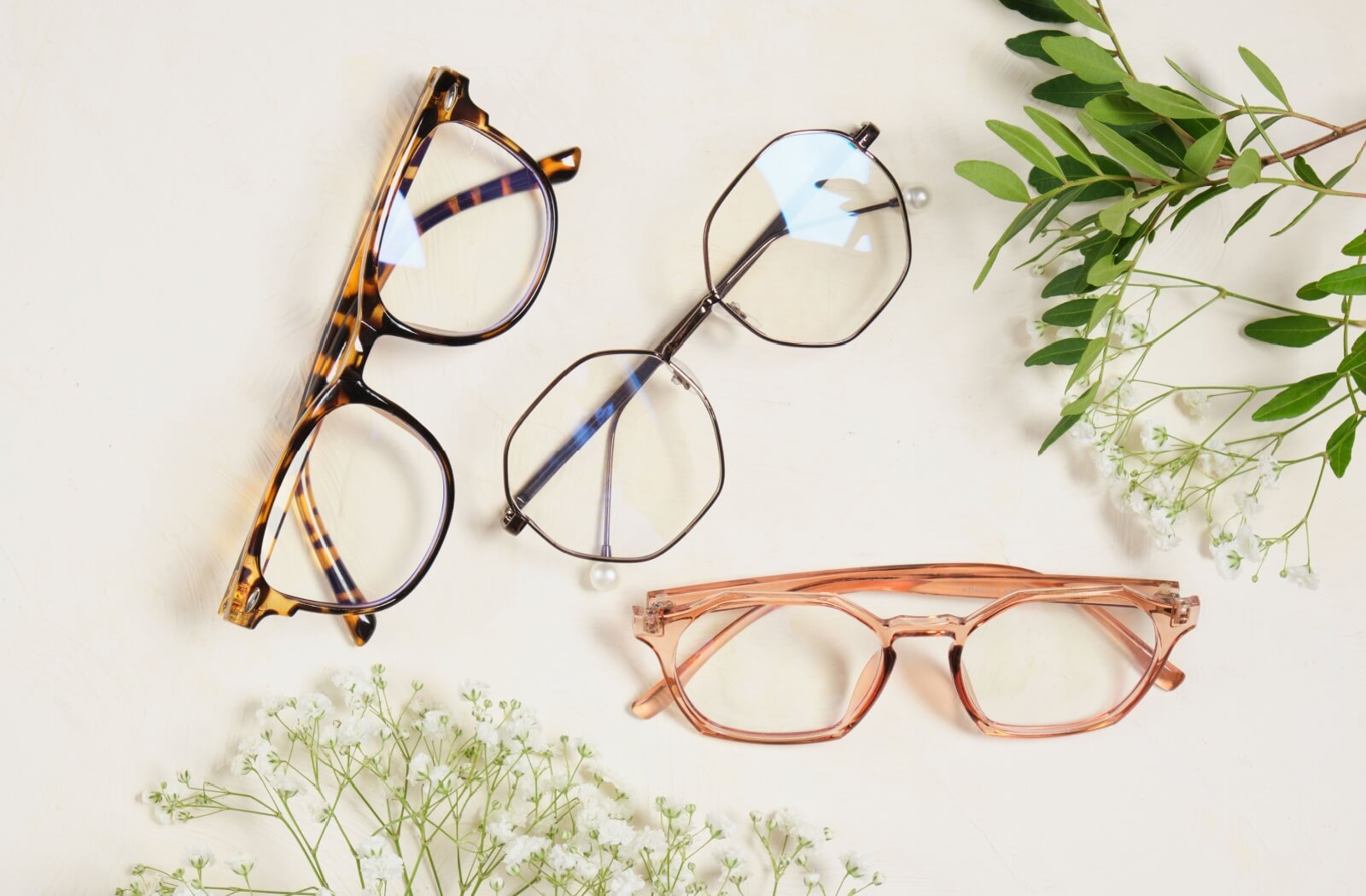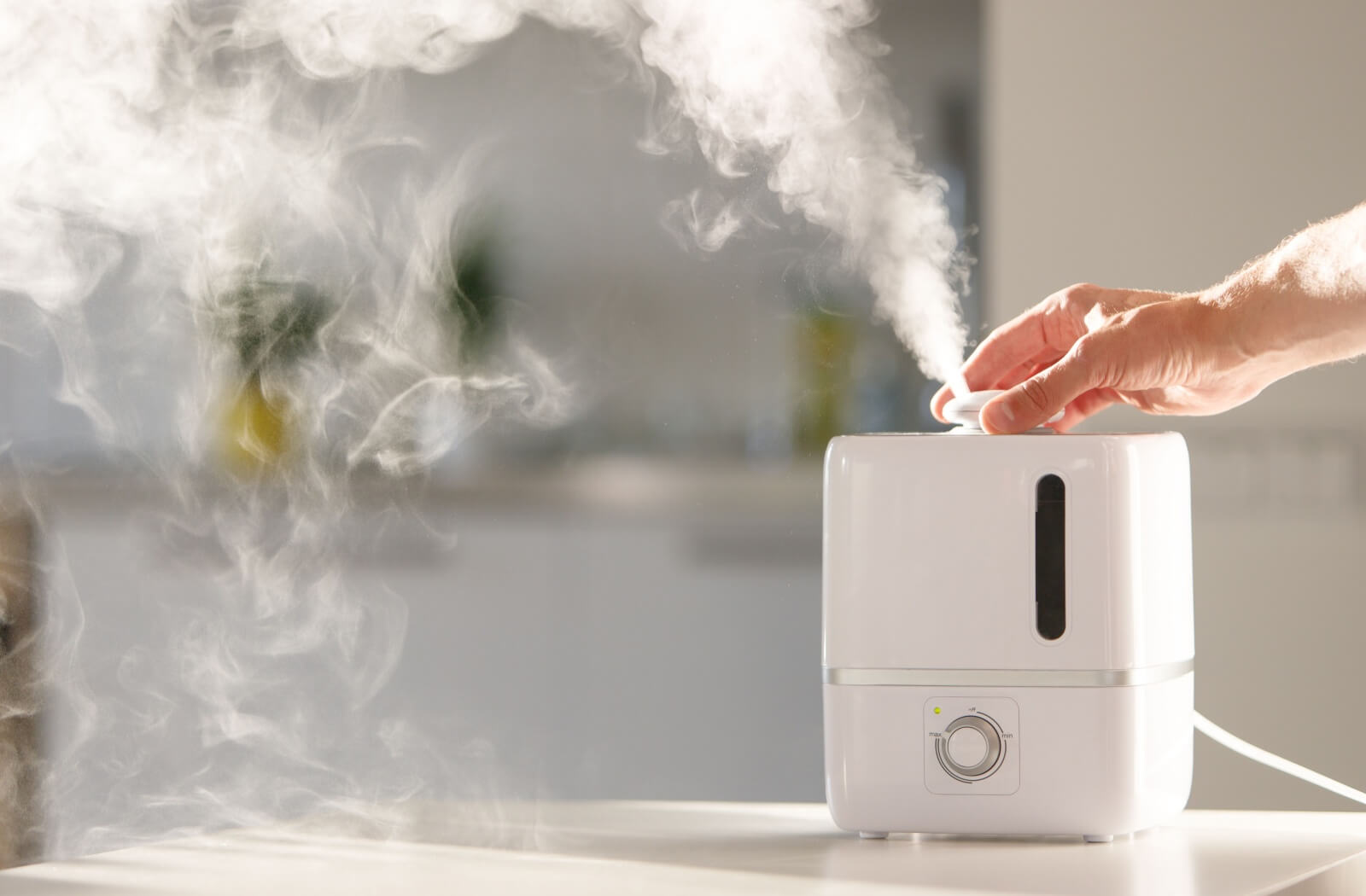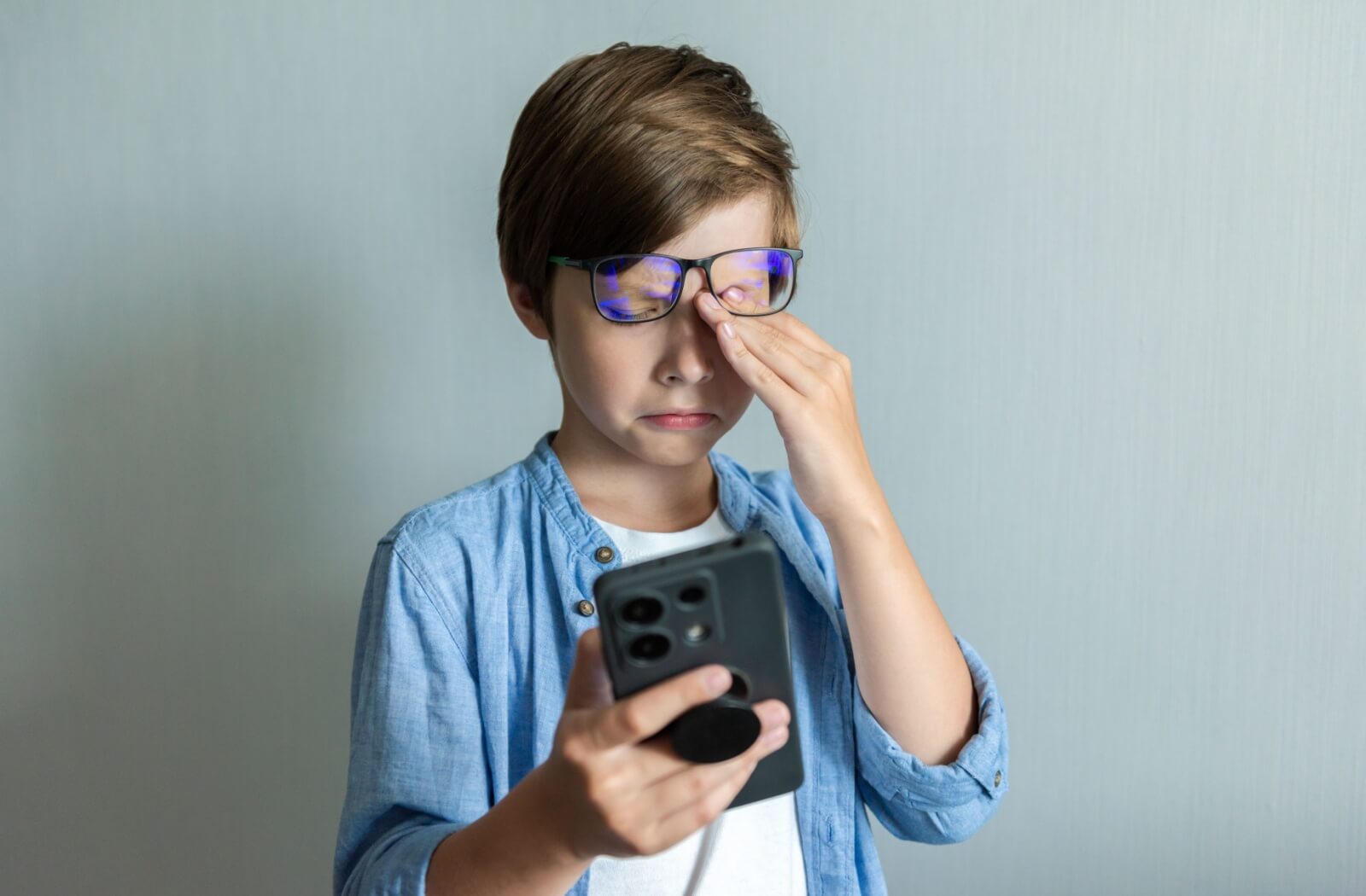Have you ever wondered if the colour of your eyes affects how you experience the world, particularly when it comes to bright light? It’s a common question, especially for those of us with lighter eye colours. Many people with blue eyes or green eyes report feeling more discomfort in sunny conditions or brightly lit rooms.
Yes, people with blue eyes may be more sensitive to light compared to those with darker eye colours. Increased light sensitivity is primarily due to the amount of melanin present in the iris. Understanding this can help us better protect our eyes and support optimal vision health.
Understanding Eye Colour & Melanin
Our eye colour is determined by a pigment called melanin, which is also responsible for our skin and hair colour. The amount of melanin in the iris—the coloured part of your eye—dictates its hue. Brown eyes have a higher concentration of melanin, while blue eyes have the least.
Melanin plays a crucial role in protecting the eyes from harmful ultraviolet (UV) light. It acts like a natural sunscreen, absorbing and scattering UV radiation before it can damage the delicate structures within the eyes. This protective function is vital for long-term eye health.
Why Blue Eyes Can Be More Sensitive
Those with less melanin, such as individuals with blue eyes, have less natural protection against bright light. As light passes through the pupil and enters the eye, it stimulates photoreceptors, enabling vision. Excess light that is not absorbed by the photoreceptors is instead absorbed by the pigmented layers at the back of the eye, which contain melanin. In individuals with lighter-colored eyes, there is less melanin available to absorb this excess light. As a result, more light is scattered within the eye, potentially overstimulating the photoreceptors. This can lead to glare and increased light sensitivity. Ultimately, the difference in light absorption is a key factor in light sensitivity. Elevated levels of light sensitivity, also known as photophobia. It’s not a disease itself, but rather a symptom of increased discomfort from light.
Overstimulation of light can cause:
- Squinting
- Eye strain
- Headaches
- Discomfort in bright lights
- Tearing (watery tears)
Protecting our eyes, especially for those with less melanin, is crucial for maintaining good vision health.
Protecting Your Blue Eyes from Light Sensitivity
If you have blue eyes and experience light sensitivity, there are several practical steps you can take to protect your eyes and improve your comfort, including:
- Shade your eyes: Wear quality sunglasses outdoors that block 99% or 100% of both UVA and UVB rays to reduce harmful radiation and lessen light sensitivity.
- Add a hat: Add a wide-brimmed hat to your outdoor ensemble for extended periods. This provides extra shade, reduces overhead glare, and further safeguards your vision health.
- Adjust indoor lighting: Use dimmer switches to control light intensity in your home or office. Position your workspace to avoid direct glare from windows or overhead lights to improve overall eye health.
- Optimize screen use: Adjust screen brightness and use anti-glare filters. Consider “night mode” or “blue light filter” settings on devices to reduce eye strain and discomfort, especially if you have increased light sensitivity. These adjustments contribute to better vision health.
- Practice the 20-20-20 rule: Take regular breaks from screens by looking at something 20 feet away for 20 seconds every 20 minutes.
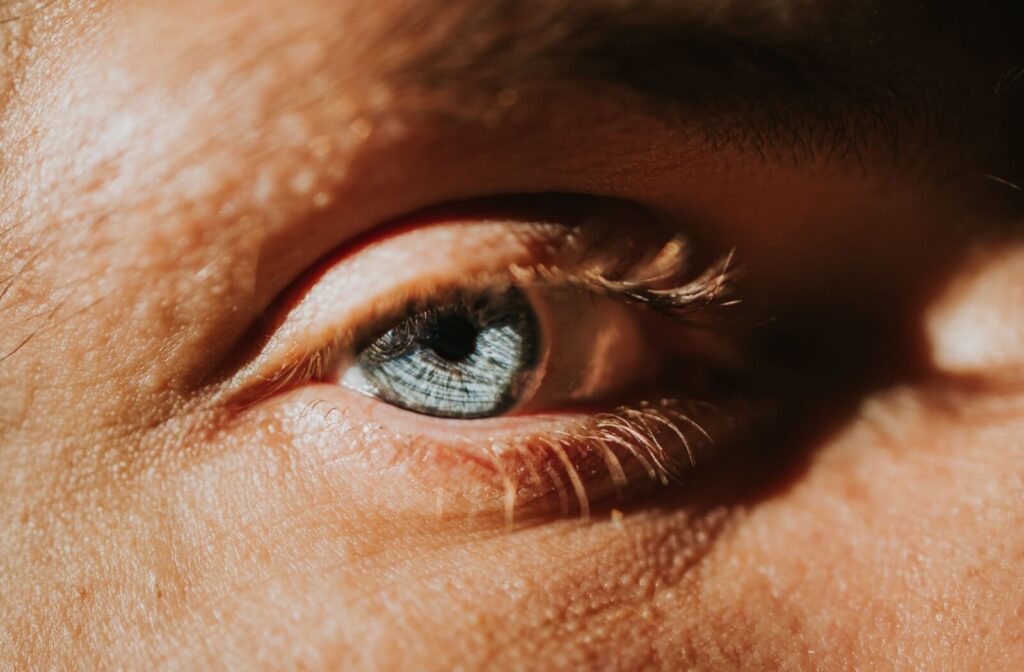
When to Seek Professional Eye Care
While blue eyes may inherently experience more light sensitivity, it’s important to distinguish between typical discomfort and a potential underlying medical issue. If your light sensitivity is severe, sudden, or accompanied by other symptoms like pain, redness, blurred vision, or headaches, it’s crucial to seek professional eye care.
Sudden or severe photophobia can sometimes indicate an underlying eye condition or even a systemic health issue. These could include conditions like:
- Dry eye
- Migraines
- Corneal abrasions
- Inflammation
Regular comprehensive eye exams are paramount for everyone, regardless of eye colour, to monitor eye health and detect potential issues early.
How Downtown Eye Care Can Help
While it’s true that blue eyes can be more sensitive to light due to lower melanin levels, understanding this natural predisposition empowers us to take proactive steps for better eye care. By using proper UV protection and managing lighting environments, we can significantly reduce discomfort and safeguard our vision health. If you’re experiencing persistent light sensitivity or have concerns about your eyes, please don’t hesitate to contact us at Downtown Eye Care & The Contact Lens Department. Our team offers a balanced approach, providing both primary eye care and innovative treatments. Book now.

